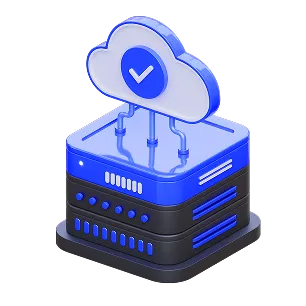

Tenant-to-Tenant Migration Services
Cross-Tenant Migrations That Maximize Post-Acquisition Value
Effortless Migrations That Accelerate Integration
Our Mergers & Acquisitions migration engineers help you modernize and consolidate your Microsoft environments with minimal risk, avoiding downtime, and ensuring stronger security so you can focus on accelerating growth.
Why M&A Tenant-to-Tenant Migrations Are So Complex
Mergers and acquisitions bring big changes—and even bigger risks—especially when it comes to your infrastructure. Without the right strategy, identity conflicts, data silos, and licensing confusion can derail integration, delay value, and threaten security.
You need:

Unified user identity
across multiple tenants

Smooth transition
of mailboxes, files, apps, and security controls

A compliance-aligned environment
post-migration
e.g. CMMC, ITAR, FedRAMP High
This is where we come in.
Our Proven M&A Migration Framework
Why Choose Us?

5+ Million
Identities migrated/
consolidated
12+ Million
Mailboxes
20+ Billion
Files, Folders, &
Permissions
Deep experience
in government and commercial M&A
Experts
in Microsoft 365, Entra ID, Azure, GCC High
We're more than migration technicians — we're strategic partners during high-stakes transitions.
Compliance-Focused from Day One
Whether you’re working with the Department of Defense or managing sensitive IP across entities, our migrations are designed with compliance at the core:

CMMC, ITAR, DFARS, FCI

FedRAMP High, FIPS, NIST

Executive Order 14028 requirements
We help you identify, document, and implement the right controls and tools throughout the migration lifecycle.
From Planning to Productivity
M&A IT integration doesn't stop at mailbox moves. We help you:

Rationalize SaaS and cloud infrastructure

Improve security and governance

